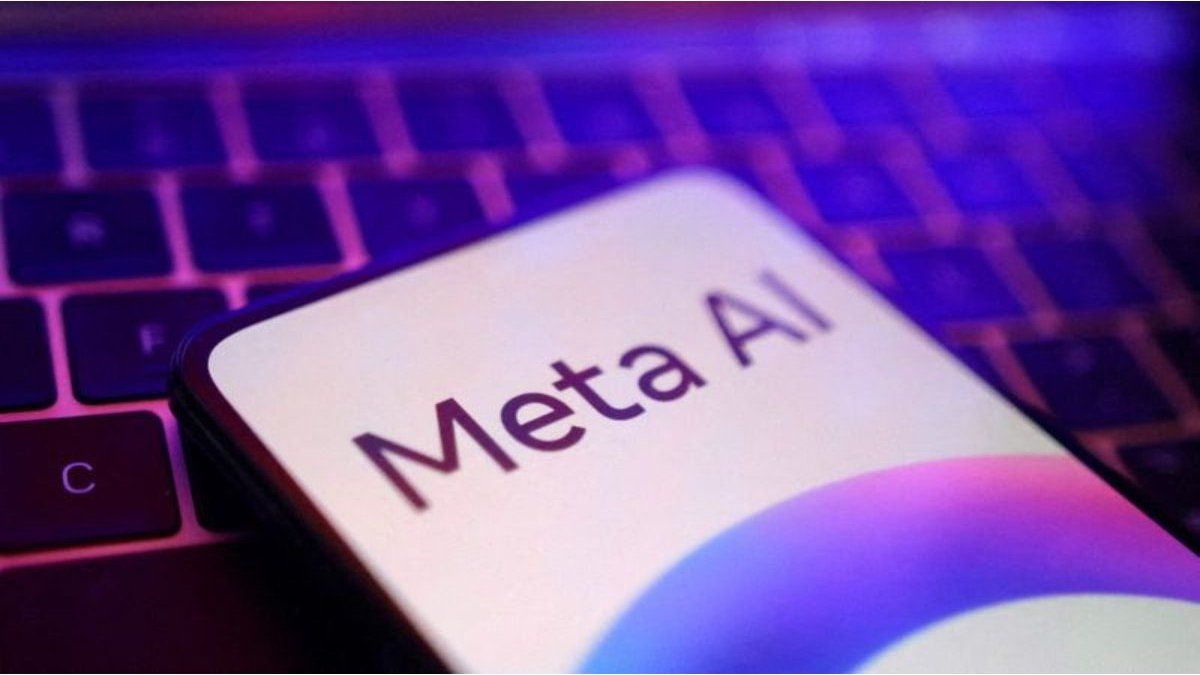The Multinational Technological Metological refused to sign the Code of Good Practices presented by the European Commission (CE) for Artificial Intelligence (AI)since he understands that the regulatory framework generates Legal uncertainty for developers and will “atrophy” companies in its purpose of developing this field of computer science.
This Friday, the Director of Global Meta, Joel Kaplanconfirmed through its LinkedIn account that the company will not adhere to the regulations after “carefully review the CE code of CE for the general purpose AI models (GPAI).”
The hierarchy went further and assured that Europe “is on the wrong way in AI”since the code “introduces a series of legal uncertainties for model developers, as well as measures that go far beyond the scope of the law of AI“
Last week, the CE presented a good practices guide designed by the European Office of AI, in order to help the industry comply with the rules of the law that will enter into force on August 2, 2025. The voluntary tool It was developed by thirteen independent experts, with contributions from more than hundreds of interested companies.
The Code will benefit companies that voluntarily signed with greater legal certainty and a lower administrative burden against suppliers that must demonstrate compliance in other ways.
EU European Union
The European Union established its code of good practices for artificial intelligence.
Photo: EFE
“Companies and political leaders from all over Europe have spoken against this regulation,” Kaplan said and added: “earlier this month, More than 40 of the largest companies in Europe signed a letter in which they asked the commission to ‘stop the clock’ in its implementation“
“We share the concerns raised by these companies that This overreach will strangle the development and deployment of avant -garde models in Europeand will atrophy to European companies that seek to build business on them, “he concluded.
Microsoft is inclined to adhere to European regulations for AI
On the other hand, Microsoft president Brad Smith, was open to signing the Code of the European Union (EU)Although he clarified that his company still needs to “read the documents.”
“Our goal is to find a way to support and, at the same time, one of the things we really value is the direct interaction of the AI office with the industry,” Smith told Reuters.
Source: Ambito




